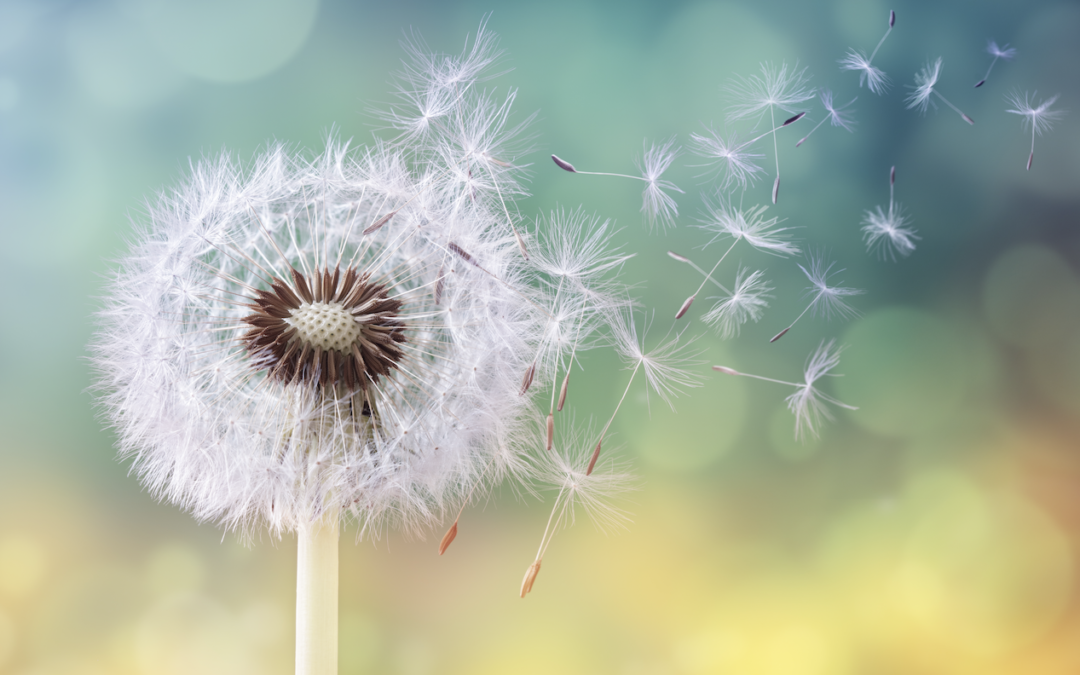Allergens in spring: symptoms
With the arrival of spring comes the time of year when we suffer the most from allergies due to the allergens that are present in the environment.
The symptoms of spring allergies can vary from person to person, but in general, the main allergic symptoms experienced are sneezing, itchy eyes and nose, coughing and nasal congestion. In this article, we will talk about spring allergens and how to alleviate the symptoms they cause.
What are allergens?
Allergens are substances that trigger an allergic response in the body of some people, to a lesser or greater extent. In spring, the most common allergens are pollen from certain trees, plants and flowers, and fungal spores. These allergens are present in the air and when inhaled, the body’s immune system identifies them as a threat and responds by producing antibodies to fight them. These antibodies trigger the release of histamine and other chemicals that can cause easily recognisable symptoms.
During spring, increased temperature and humidity, as well as increased exposure to allergens such as pollen, can negatively affect our immune system. This can lead to an overload of the immune system, resulting in increased susceptibility to infection and disease.
What are the main symptoms of spring allergies?
There are a variety of symptoms caused by spring allergy, as these vary according to the individual, the type of allergy and the state of the immune system, but the most common include frequent sneezing, swelling, itchy eyes, nose and throat, nasal congestion, dry cough, headache and fatigue.
It is important to note that the symptoms of spring allergies may be similar to those of a common cold, but if they persist for several weeks and do not improve over time, it is likely to be due to an allergy.
How to combat the symptoms of allergies?
Suffering the symptoms of a spring allergy can be very uncomfortable, but there are a number of ways to combat them including the following.
– Avoid allergens. If you know the allergens that affect you, try to avoid them as much as possible. If you are allergic to pollen, one of the most common seasonal allergies, avoid going outside on days when pollen levels are high, or wear a mask to cover your mouth and nose.
– Keep work and sleeping areas clean. Cleanliness of the environment is a key aspect of avoiding the build-up of dust, dust mites and other allergens. Vacuum and clean regularly, using anti-allergenic cleaning products, to avoid the build-up of damp and mould. In addition, keeping windows closed and using an air purifier are some other recommendations that can go a long way in keeping a space clean of spring allergens such as pollen.
– Complete your diet. A proper diet is essential to keep the immune system prepared to cope with allergens and suffer less from the symptoms caused by spring allergies. Food supplements can be an effective and natural way to alleviate these symptoms. Some of the most common food supplements include Vitamin C, an antioxidant that can help reduce inflammation and strengthen the immune system. Vitamin C also helps reduce some allergy symptoms, such as nasal congestion and sneezing.
In short, spring can be a difficult time for allergy sufferers, but there are steps that can be taken to alleviate symptoms. Avoiding contact with the allergen in question or keeping your immune system strong through a varied and balanced diet are some of the recommendations that can help.
However, sometimes an extra boost to the immune system is needed. For this reason, there are food supplements such as Plesinox 3A, which contains Polypodium leucotomos extract (EPL), vitamin A, vitamin C and selenium. Vitamins A, C and selenium help the immune system to function normally and strengthen the defences.
Do you want more information about Plesinox 3A? Visit our website: www.plesinox3a.com
DIG-2-0230-052023

Recent Comments